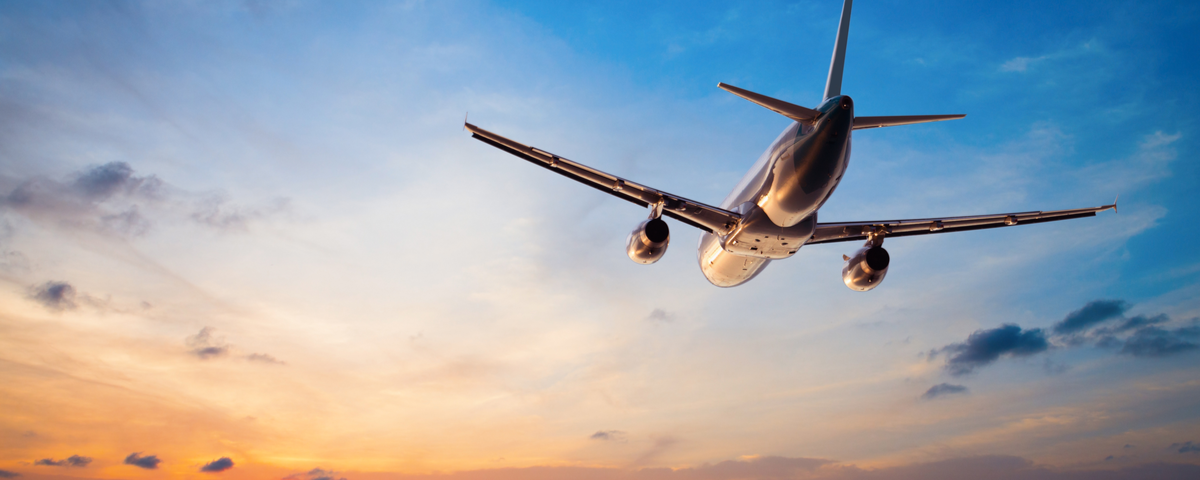Three current crises – COVID-19, climate change, biodiversity loss – all have one thing in common. No country, state or individual can successfully solve or even hope to contain these challenges alone. Unilateral action cannot adequately address these tragedies of the commons.
Since WWII international travel had become an everyday experience for many, although certainly not for all. If you had disposable income or wealth, travel had ceased to be risky or problematic for most. COVID-19 has at least temporarily changed that. Travel, particularly international travel, remains a luxury. Safety can no longer be taken for granted; trust has become an issue.
It is no longer possible to assume that your holiday trips – from home to your destination, and back again – will be safe. Suddenly the risks are greater, much greater. The risk of catching COVID, being forced to quarantine abroad or at home on your return, are real. British travellers are being warned that they will not be able to claim insurance on holidays cancelled because of COVID travel restrictions.
The pandemic is, the insurers say, a ‘known risk’ and that accordingly they will not cover travel disruption or cancellation on trips bought after the pandemic was officially declared. Quarantine rules and the suspension of flights have left travellers stranded abroad. British tourists trapped in Italy, Australians stranded abroad unable to return a year after COVID-19 emerged.
There has been talk of airbridges, bilateral agreements and vaccines, but travel remains chaotic. As the virus comes and goes with the seasons and mutates, countries go in and out of lockdown and use different tests and vaccines. For international travel to recover, we need a trusted, multilateral system of the sort being developed by Common Pass: a common trusted health passport, flexible and precise enough to cope with a virus which will mutate and evolve. As the WHO frequently reminds us, in a global pandemic countries can only with great difficulty and at ruinous cost isolate themselves. Bring Back Travel’s map, frequently updated, reveals the patchwork.

On Biden’s inauguration day I interviewed Aziz Abu Sarah, co-founder of Mejdi Travel based in the US. They specialise in post-conflict tours often with two leaders to ensure that at least two versions of the history get told. In the wake of the insurgency on the Capitol, and evidence of a deeply divided America, I wanted to hear Aziz’s take on it. We talked about the inauguration, the pandemic and our hopes for the restoration of our industry and success in tackling climate change:
We need to re-establish a functioning multilateral rules-based international order to enable travel and tourism to recover. President Biden’s inauguration augurs well, re-engaging with the World Health Organisation and acknowledging and battling the pandemic in the US. He has also ended the blanket Muslim ban. His executive order rescinding the ban reads. “They have jeopardised our global network of alliances and partnerships and are a moral blight that has dulled the power of our example the world over. And they have separated loved ones, inflicting pain that will ripple for years to come. They are just plain wrong.”
Restoring international travel, tackling the COVID-19 pandemic and global warming all require a multilateral effort. These problems can not be effectively dealt with by America First, beggar-thy-neighbour policies. These problems cannot be left to others to solve; a collaborative multilateral approach is essential for progress. Co-ordinated government action will be necessary to ensure that we take responsibility, that the polluter pays a high enough price to end their pollution and that enforcement is adequate to ensure compliance by all. None of these goals can be achieved quickly, but there is now at least room for hope with a new President in the White House. Only time will tell if Biden can lead America to work with other nations to tackle the existential crises which confront our world: COVID-19, climate change, biodiversity loss and accelerating inequality.


Excellent and insightful piece, well worth the reading time